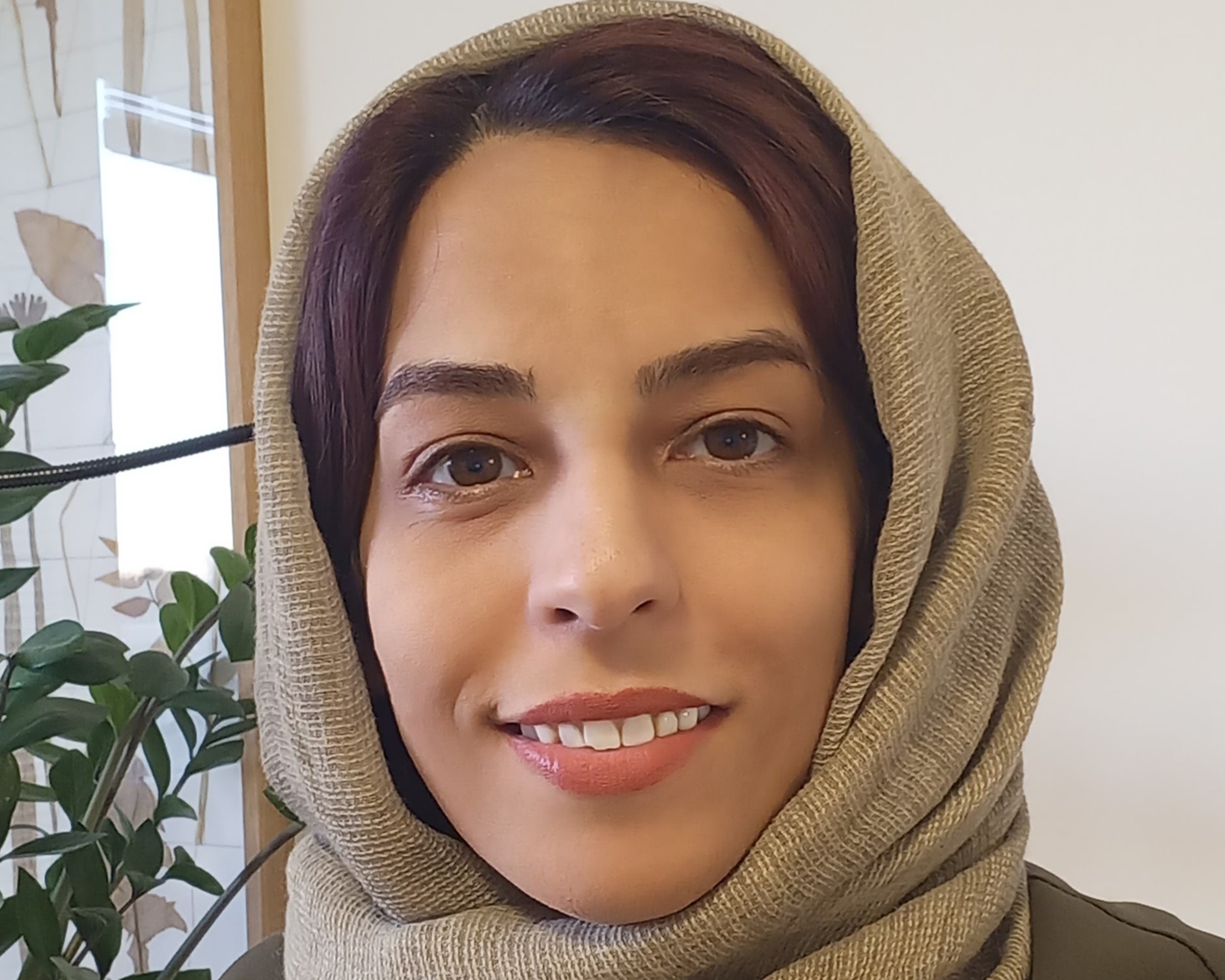A female Iranian researcher and mother takes a chance with the Scientist-in-Residence-Program
Dr. Fahimeh Arabyani-Neyshaburi is a highly motivated Iranian mathematician who seized the opportunity to travel from her home country to Austria through the Scientist-in-Residence Programme (SIR).
The SIR programme offers a one-month stay, including accommodation, a living allowance, public transport and a contribution towards travel expenses. The Department of Mathematics at the Paris Lodron University of Salzburg provided Fahimeh with a workplace and the opportunity to conduct research in her field of numerical analysis during her stay.
Professor Dr. Andreas Schröder, representing the Department: ‘It was a great pleasure for us to support Dr Fahimeh Arabyani-Neyshaburi in her courageous step to establish new research contacts in the dynamic scientific environment of our university. With her cultural background and experience at an Iranian university, Dr Arabyani-Neyshaburi has made a lasting contribution to our department.’
Looking at her current career, Fahimeh has just finished a postdoctoral position at her home university, Ferdowsi University of Mashhad (Iran), and has recently been working as a research assistant in the fields of harmonic analysis and frame theory, and is also supervising several PhD students. She has a great affinity for mathematics and is eager to continue her research.
At her Alma Mater she is now working on signal recovery using phase retrieval and norm retrieval algorithms. This is an ideal match to the research areas focused on in the Department of Mathematics at the PLUS, especially to the research groups of Professor Schröder and Professor Dr. Verena Bögelein. During her scholarship period in Salzburg some points of intersection could be worked out particularly with Andreas Schröder’s fieldwork in Partial Differential Equations (PDE), which has motivated Fahimeh to study new application aspects of her research.
Fahimeh summarises: “For me it was the first research trip abroad and I found it enriching both scientifically and as a life experience. After my valuable scholarship time at the PLUS, I could picture proceeding my academic career here in Austria. In my view, Austria and Iran provide similar opportunities for research and cooperation and both countries offer high education standards.”
3 Questions for Fahimeh:
Can you compare the two Universities from a personal and scientific perspective?
“I was truly delighted by the overall friendly atmosphere here at the University of Salzburg and all my open-minded cooperation partners at the department. It motivated me to study papers previously unknown to me, about new application aspects for solving PDEs. I also loved the daily lunch breaks together with many non- and scientific department members, having nice chats but also exchanges about mathematical problems. It was a creative and relaxing time of the day. I find the team spirit among the members of the mathematics department in Salzburg is strong and somehow unique.
As an academic I would say that both the Ferdowsi University of Mashhad and the Paris Lodron University of Salzburg have high academic standards and provide good chances for mathematicians. The Mashhad University has 10 times more students than the PLUS, around 30.000 students, and the mathematics department is a little bigger with 56 faculty members in mathematics and statistics. The tuition fees in Iran are lower but also there are less funds allocated for research, which maybe affects the quality of research with respect to other developed countries.”
And how about the cultural differences and parallels?
Of course there is a difference based on religion, that has led to certain ethics and different traditional clothing. Both Austria and Iran have a rich history of arts and music and it seems they share their inhabitant’s dedication towards cultural offerings. The two countries furthermore share the hospitality and kindness of their people. When I think about every day’s life, I was amazed by the high number of people using bicycles and public transportation. This notably reduces traffic and decreases air pollution and therefore life quality is so much better. In Iran on the other hand, people mostly use their personal car. And I was pleasantly surprised by how easy it is to travel between the countries, that are part of the Schengen Agreement.
What is the best place you visited /activity you took part in so far in Salzburg?
I did some hiking, and even got carried away to buy a pair of hiking shoes in one of the well-equipped mountain shops. My cooperation partner showed me the local “Gaisberg” mountain, which was an amazing place topped by a stunning view. On another occasion, we were driving on Germany’s highest panoramic road, the “Rossfeldstraße”, through breathtaking mountain landscapes that ended at the beautiful “Königssee” lake. However, I also enjoyed the Mozart birth house and Salzburg’s impressive city center. I attended a musical event during the “long night of choirs” in May 2024, which was a completely new experience for me. Choirs performing in a church – that is beautiful! Finally, I want to express my gratitude to Prof. Schröder for inviting me to the department. It was a valuable experience, not only could I deepen my studies, but I also had the chance to visit the beautiful city of Salzburg.





